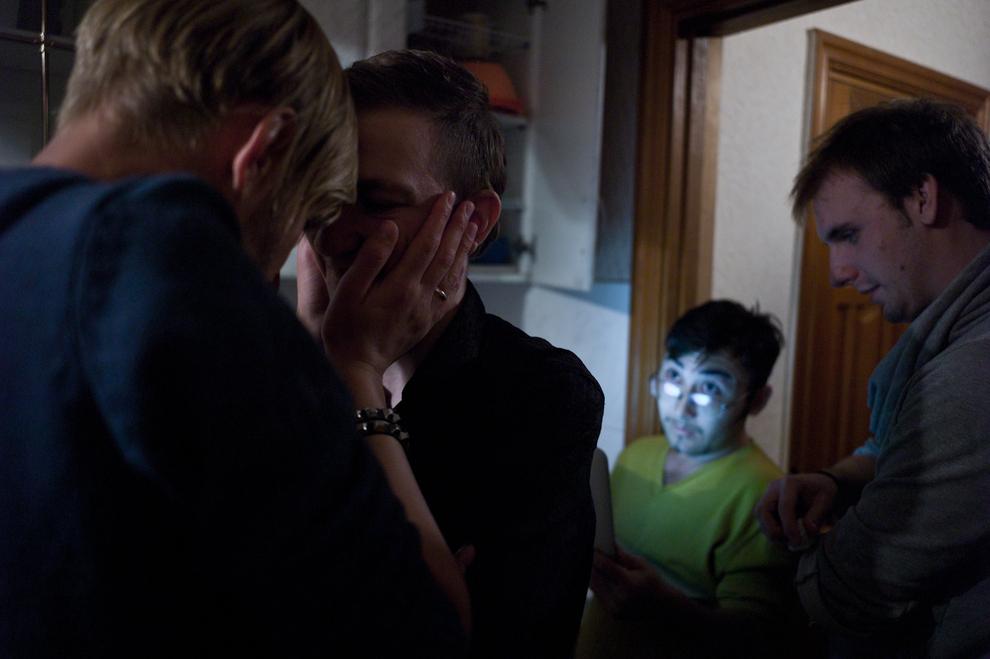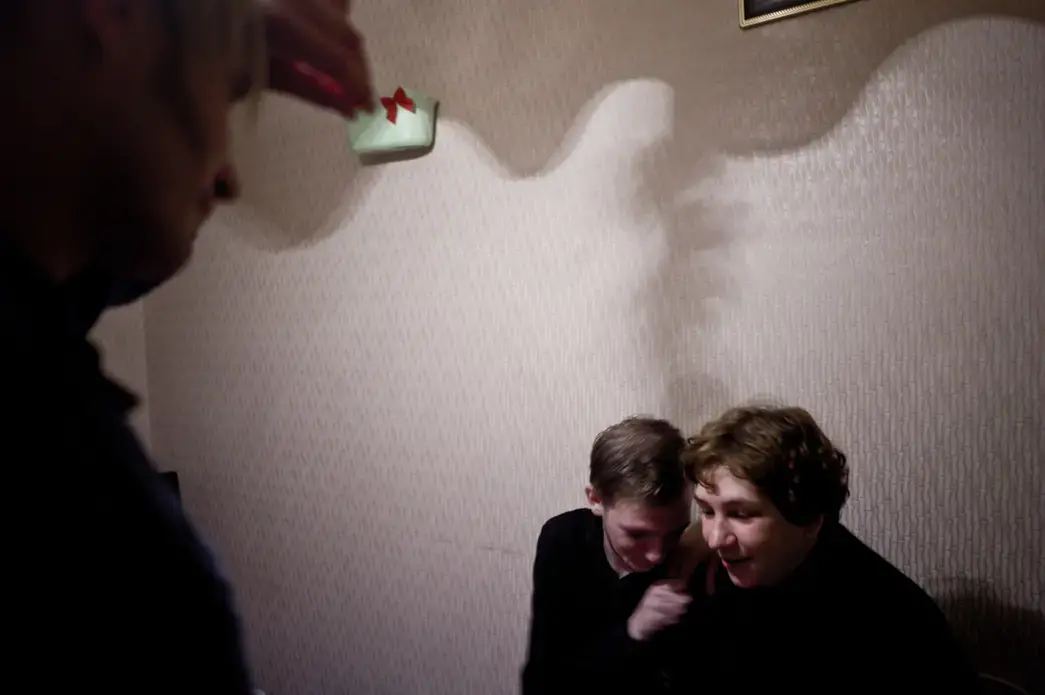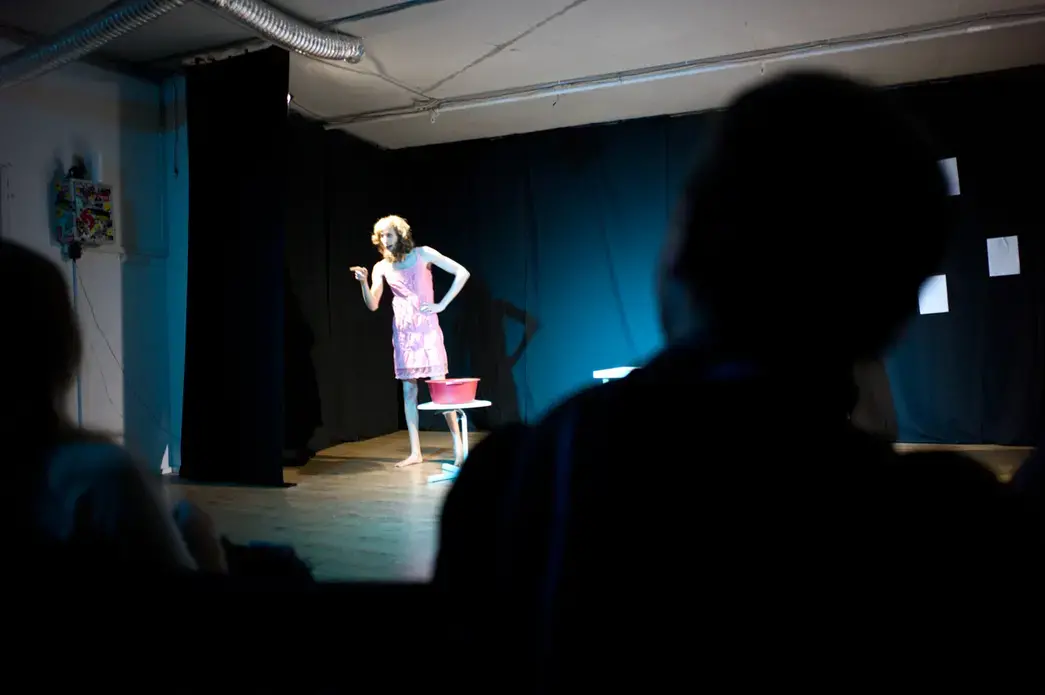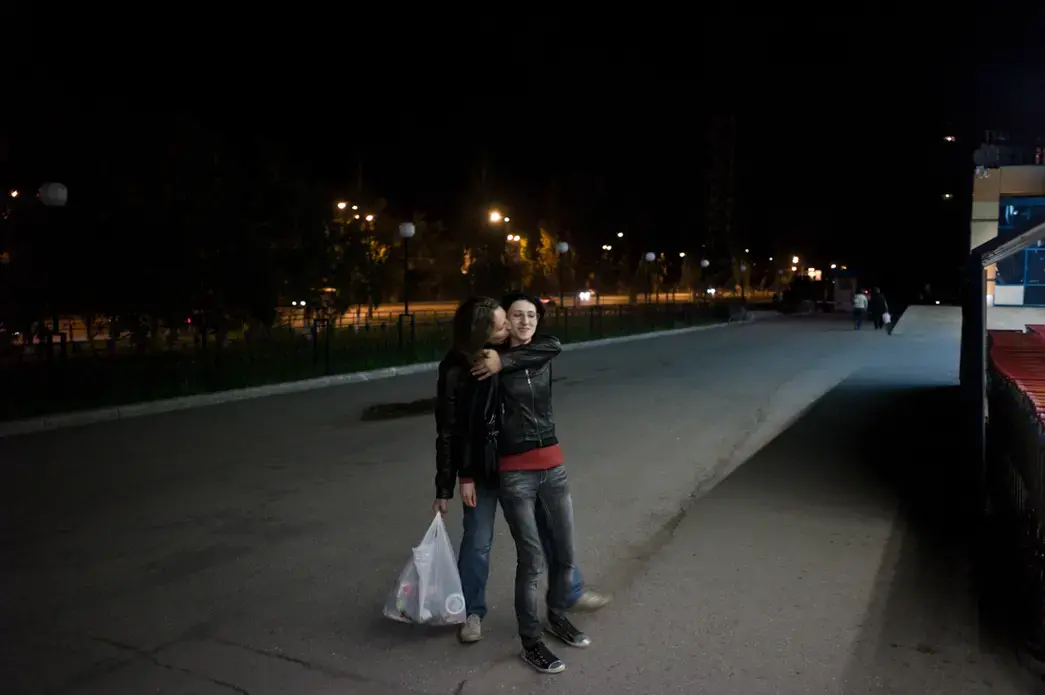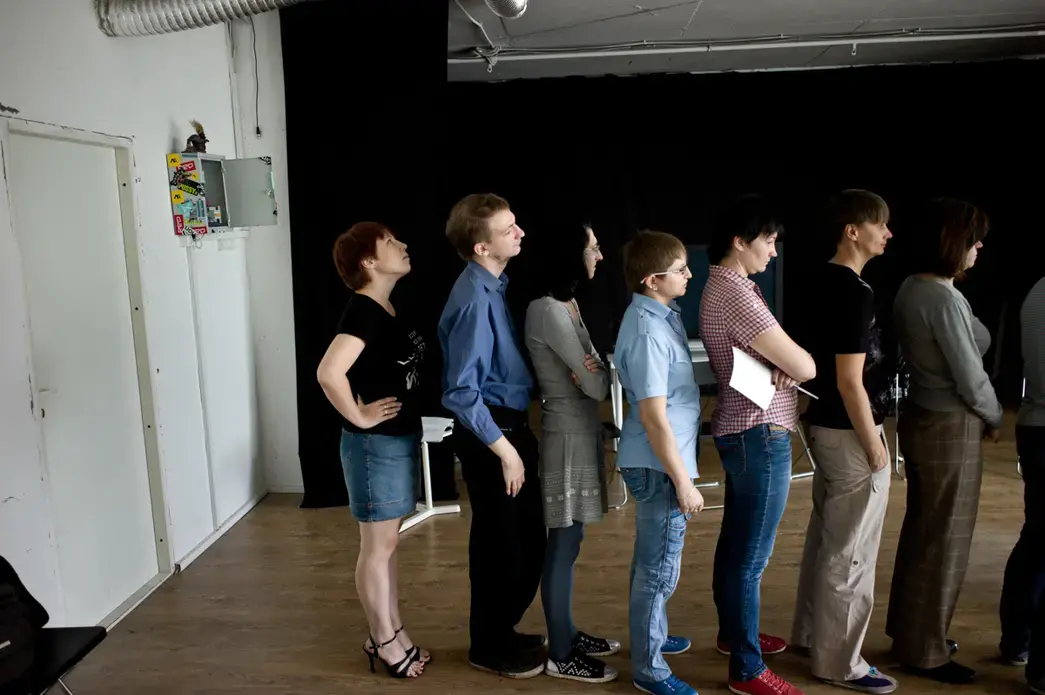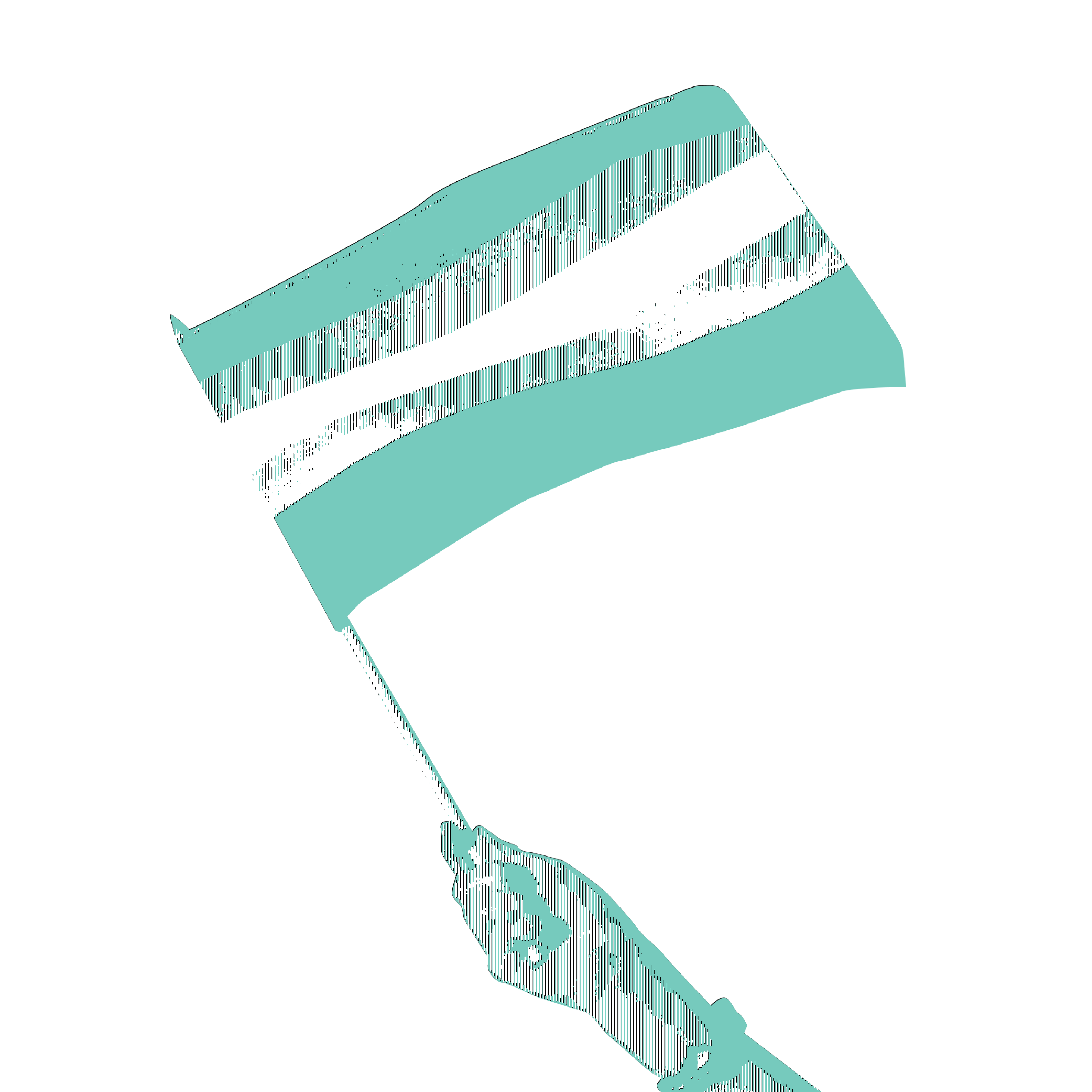In a city of more than one million, there is one gay night club and one LGBT support group with about 15 active members. If you are gay, you stay at home and don't even consider coming out to your own family nor friends. Samara is not very different from any other Russian city.
Five hundred miles southeast of Moscow, on the Volga river, Samara is a big industrial, wealthy city with busy streets full of shopping malls, restaurants and new apartment buildings. It is also known as one of the most homophobic in the country.
The regional parliament outlawed "homosexual propaganda" a year earlier than the federal parliament. Marches and rallies supporting traditional family values draw large crowds. Local church officials and cossacks call to ban gays, lesbians and transgender people from working in schools or adopting or caring for children. Regional groups are known to follow and harass Russian pop-stars, who behave "too homosexual." Police do not care to investigate cases of attacks and even murders of those who dare to come out. It is no wonder that the region's LGBT support group, Avers, was created only in December of 2011.
Online, Avers has more than 800 members but no more than a dozen people actively participate. The same group of people holds small rallies, organizes workshops and round tables. Sometimes they hang out at the night club, but for the most part, they meet in their kitchens and talk about the same things over and over: fear for themselves and their families and leaving the city or the country. From different walks of life, they really do not have very much in common, apart from being outcasts, gay or lesbian. In a different, more tolerant place, they would probably prefer the company of other people. But in Samara, there is no one else.
The original founder of the organization, Mikhail Tumasov, moved to Samara from Astrakhan, Russia's outpost on the Volga delta near the Caspian sea, to live with his boyfriend. A deeply religious man, he found it difficult to witness the growing rhetoric against gays and lesbians. With a desire to support the community as well as for his own sake, he founded Avers. After two years of being out in the open and living through daily harassment, he decided to move to Moscow.
Oksana Berezovskaya, a local lawyer, is now in charge of Avers. For several years she has lived with her girlfriend, Vera, in a small apartment in the city. Their tiny kitchen is the place where the local LGBT community meets almost daily. Often, as she watches many of her fellow activists leave for Moscow, St. Petersburg or abroad, she considers it too.
"When people are prosecuted for their civic stance, I feel scared, and I think about emigrating. But then I start thinking about all my relatives here. And what if things get as bad as under Stalin, and relatives of 'the people's enemies' were to be sent to prison too. So I think I will stay here and try to improve this country," Oksana says.
"I do believe that Russia is a country of opportunity, and if everyone tries their best, we will live here like people live in the rest of Europe."
And Oksana tries. Despite all threats and physical violence, Avers regularly organizes protests and small rallies. Avers holds round tables and workshops, although they are often canceled at the last minute. Avers also offers legal advice and psychological assistance. At one workshop in early September, a group of LGBT people were talking about tolerance and supporting one another.
One of the workshop participants is Alyona, native of a strict Muslim region of Dagestan, who used to hide her real identity online behind various pen-names for fear of being recognized. Recently, she became more open about her lifestyle and started to participate in LGBT events.
Alyona has been living with her girlfriend, Olesya, in a dorm for just over a year, and they are both very worried about losing custody of Olesya's 10-year-old daughter. Russia's parliament members have started discussing new laws banning homosexuals from being able to care for their own children.
A few days later, a local theater studio staged a social performance, "Re-tolerance." The audience, which was pre-screened and filled three quarters of the theater, spent the beginning of the performance blind-folded listening to two actors expressing dozens of opinions, reinventing the meaning of tolerance.
Coincidentally, the director of this student theater group (and one of the actors in the performance), 26-year-old Mikhail Ushakov, is currently under house arrest, charged with stealing approximately $3 million from Russia's state-run oil giant Rosneft. According to the investigators, the theater allegedly received money from the oil company under a sham contract and never fulfilled the contract's terms.
But such events are overshadowed by more popular anti-gay demonstrations. On October 12, 2013, more than a thousand men, women and children marched through Samara, carrying slogans: "Christians for traditional families," "No to Sodom," "Strong family—strong Russia." At the end of the march, a participant read a salutatory letter from the city's mayor, supporting their cause. One of the organizers, Protestant church leader Igor Lyashevsky, said, "We are waiting for a specific result: Homosexuals should not have contact with children and be in power. And this is not discrimination, because faggotry is insanity, a brain disease, and such sick people are not allowed in these professions."

Education Resource
Journalist Misha Friedman on Homophobia in Russia
For his Pulitzer Center project, "Official Homophobia in Russia," photojournalist Misha Friedman...


